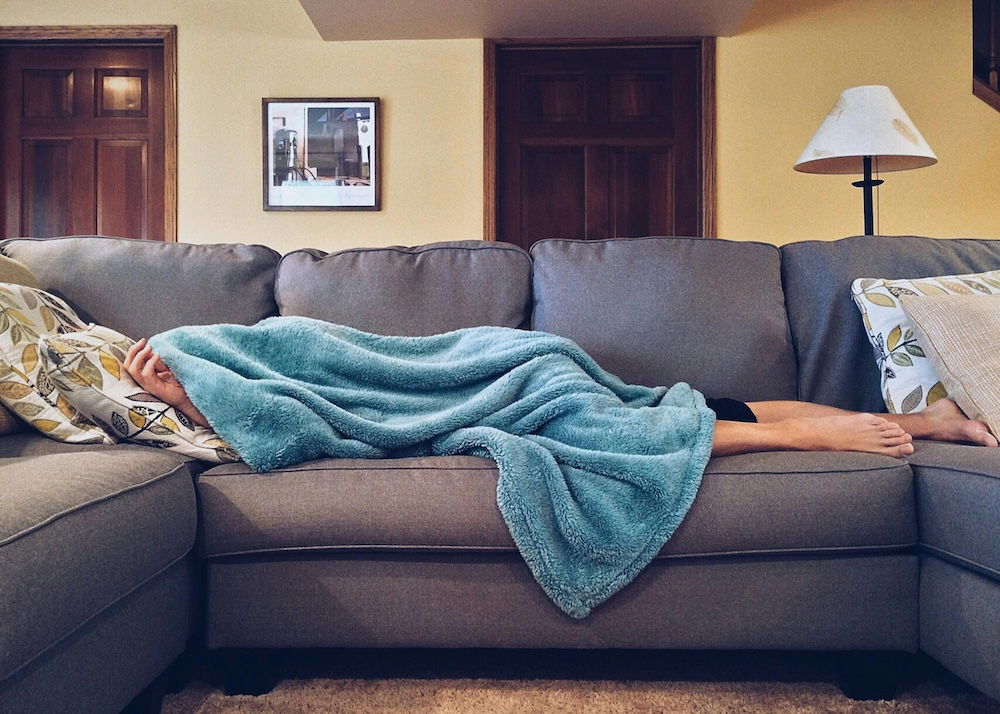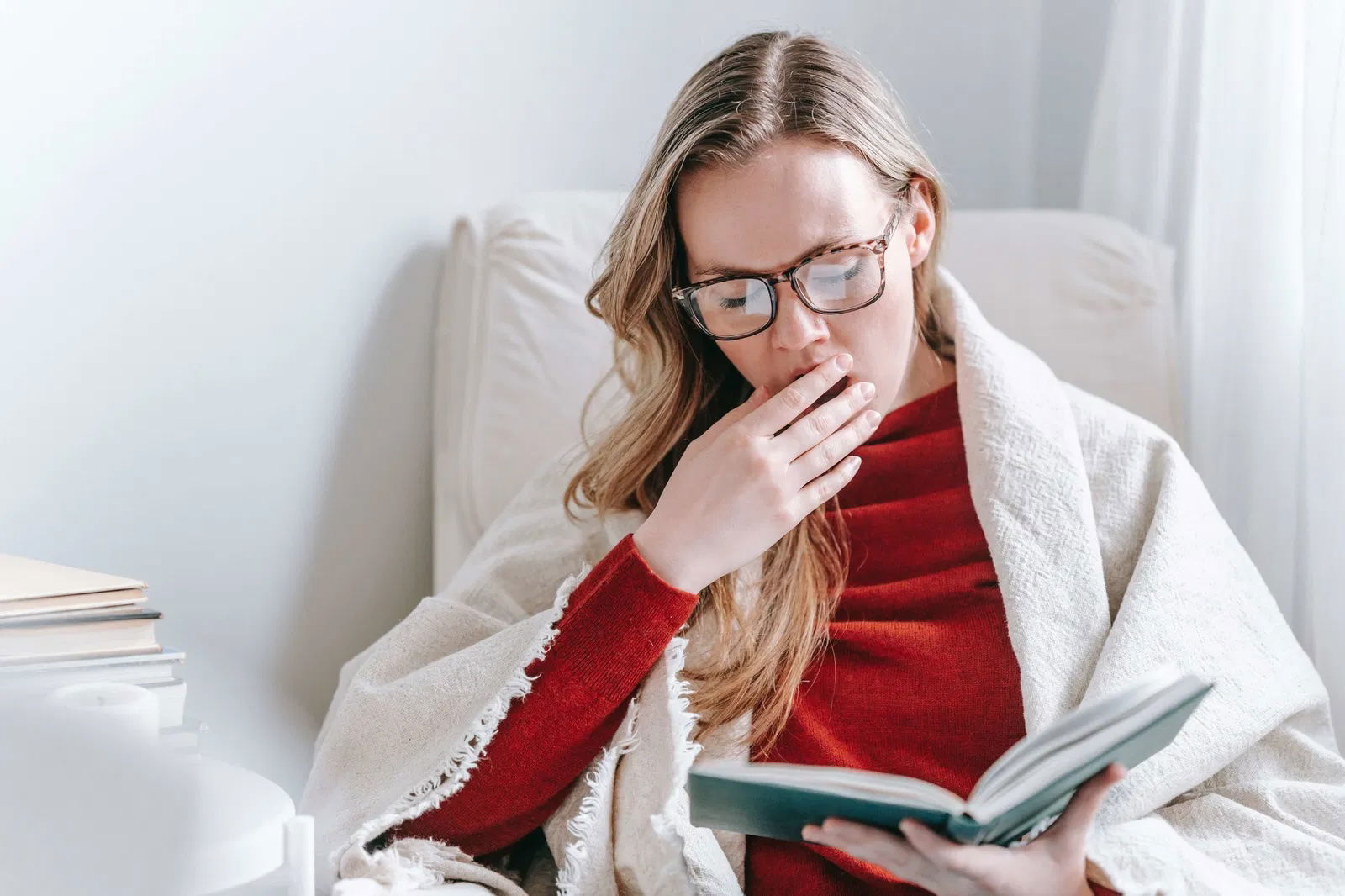Do you suffer from insomnia during menopause? You're not the only one. In fact, insomnia is a common complaint for women during menopause. in fact, 40 to 60% of women suffer from a sleep disorder during this period of hormonal changes. In this article, we discuss the causes of poor sleep during menopause and provide tips to improve sleep quality during menopause.
We do not provide medical advice. This article is not intended to diagnose, treat, cure or prevent illness. Do you have mental or physical symptoms and want medical advice from a specialist? Then always consult a (company) doctor or psychologist.
Why do I sleep badly during menopause?
Menopause is a natural part of the aging process in women and usually occurs between the ages of 45 and 55. During menopause, hormonal changes take place in a woman's body. The body produces less of the hormones estrogen and progesterone, preventing a woman's ovaries from producing fertile eggs.
But how are menopause and poor sleep connected? The hormonal changes associated with menopause can cause a variety of physical and emotional symptoms, including insomnia. This is because the drop in a woman's estrogen levels can cause hot flashes and night sweats. This causes sleep to be disrupted.
Sleep patterns can also change as a person ages. This can contribute to poor sleep during menopause. In addition, some women may experience anxiety or other emotional changes during menopause. These symptoms can also have a negative impact on sleep.
The symptoms of poor sleep during menopause
The symptoms of poor sleep during menopause can vary from woman to woman. Some common symptoms include:
- Difficulty falling asleep
- Waking often during the night
- Feeling tired or exhausted during the day
- Irritability or mood swings
- Difficulty concentrating or remembering things
It is important to remember that these symptoms can also be caused by other factors, such as stress or underlying health problems. If you experience any of these menopause symptoms, consult a doctor.
What helps against poor sleep in menopause
Having trouble falling asleep can be tremendously annoying. But what can you do yourself to sleep better during menopause? These tips you can try to improve your sleep during this period:
- Establish a regular sleep rhythm by going to bed and waking up at the same time every day. This can help regulate your body's internal clock and make it easier to fall asleep at night.
- Create a relaxing evening routine. Consider taking a warm bath, reading a book or listening to soothing music. This signals to your body that it is time to unwind.
- Provide a nice sleeping environment. Keep your room cool, dark and quiet and provide a comfortable bed.
- Avoid caffeine, alcohol and heavy meals right before bedtime. This is because these can disrupt your sleep.
- Try relaxation techniques, such as breathing exercises, meditation or yoga. These exercises can help calm your mind and make it easier to fall asleep.
How does meditation help you sleep well during the transition?
You may already be familiar with the benefits of meditation, including improving sleep. Meditation has been proven to improve the quality of your sleep. This is because meditation creates more peace in your mind, reducing stress and anxiety. And those can be the causes that keep you awake at night.
Meditation can also help regulate the body's sleep-wake cycle. This makes it easier to fall asleep and continue sleeping. Some people find that doing a meditation before bed can help calm their mind and relax their body. This makes it easier to fall asleep.
How do you use meditation to sleep better?
Here are some tips for using meditation to improve your sleep:
- Find a comfortable and quiet place to meditate. This can be your bedroom or another room in your home where you feel relaxed.
- Sit or lie down in a comfortable position. Make sure your back is straight and close your eyes.
- Take a few deep breaths and concentrate on your breathing.
- While breathing, try to let go of any thoughts or worries that come to mind. Do your thoughts wander? Don't judge yourself and focus on your breathing again.
- Do this for a few minutes or as long as you feel comfortable.
In the Meditation Moments app, you'll find several guided sleep meditations specifically designed to help you sleep better. The evening meditations in the Sleep Well category deal with the themes of letting go and relaxing so you can go well into the night.
Try Meditation Moments 7 days free
Start free trial




















